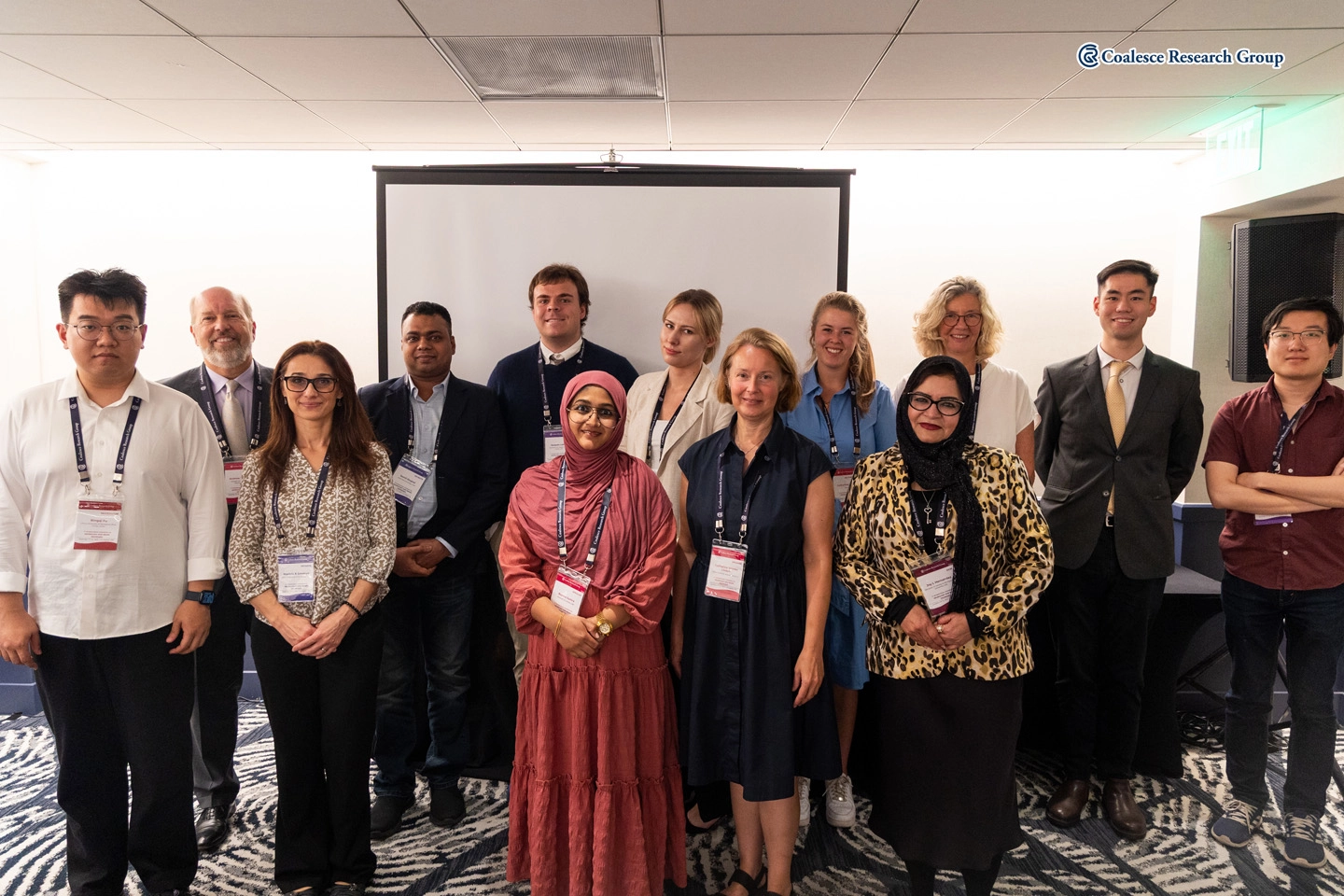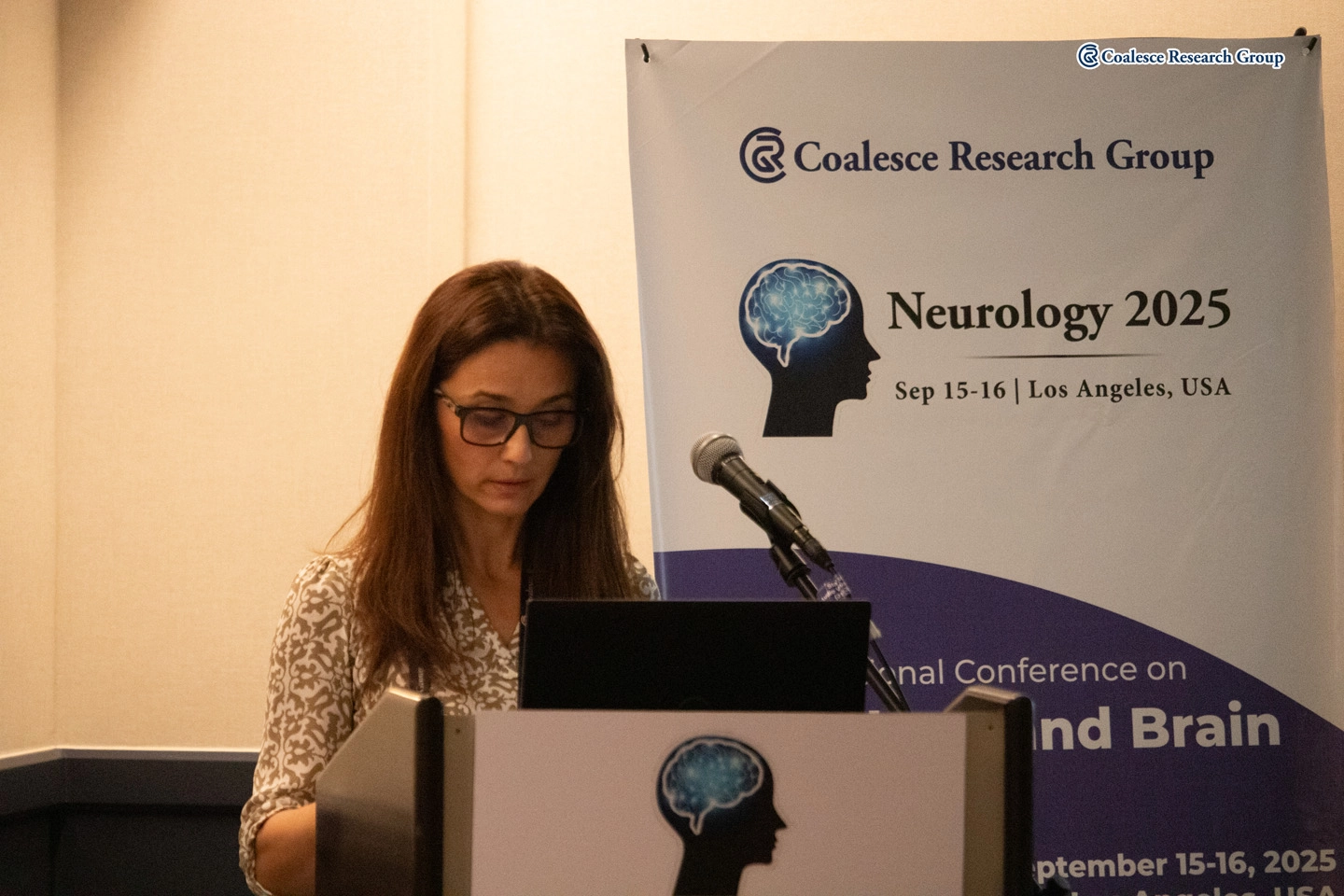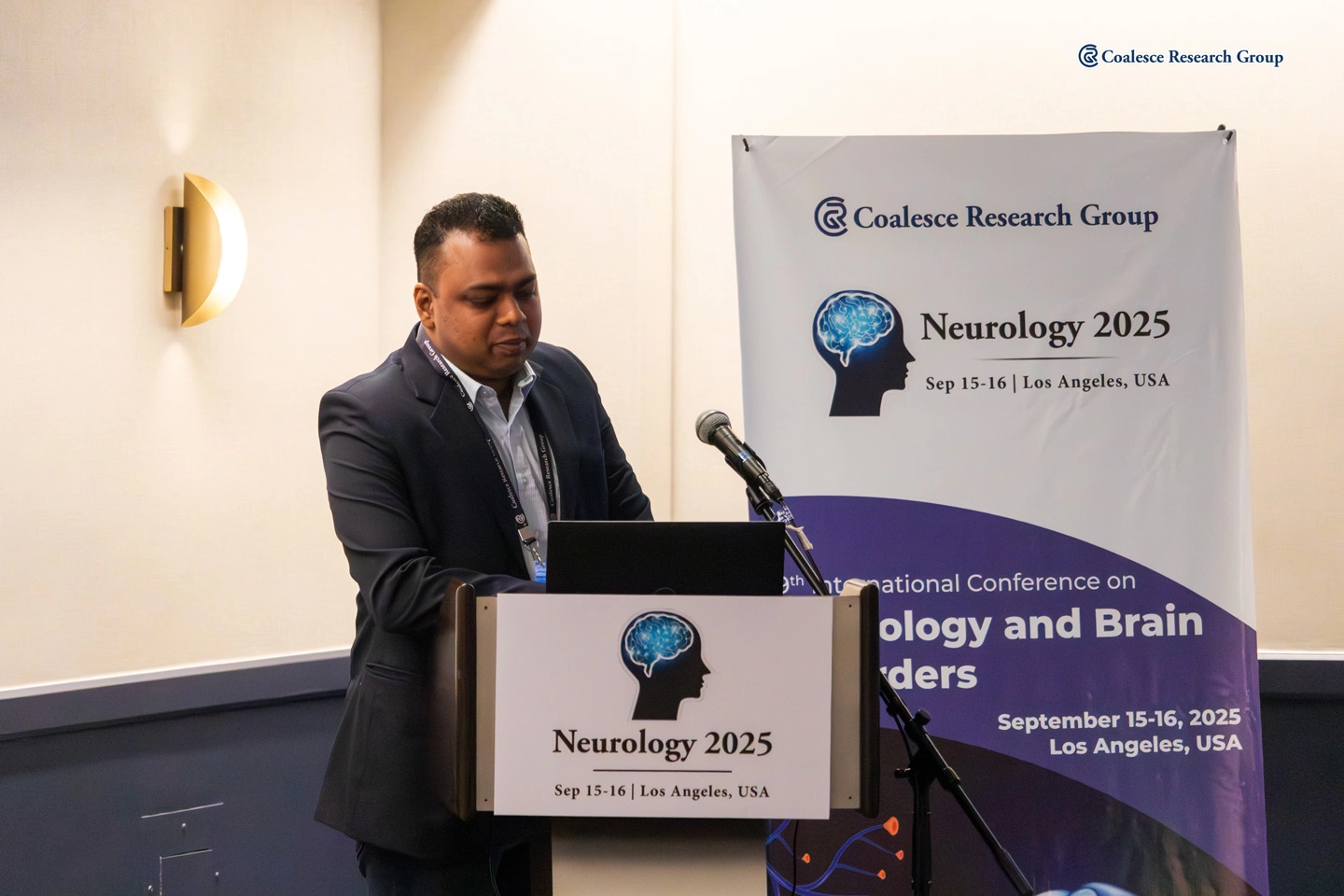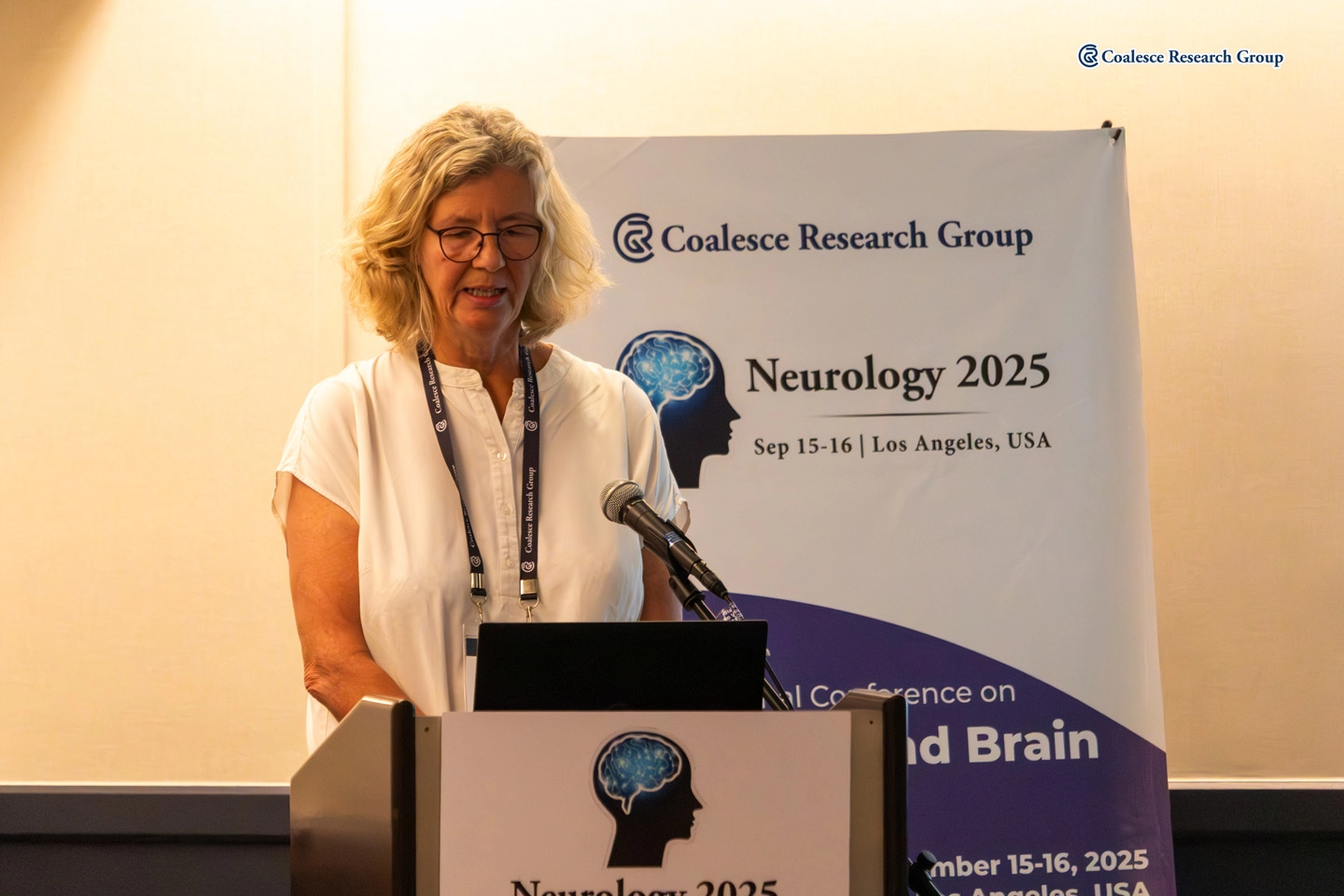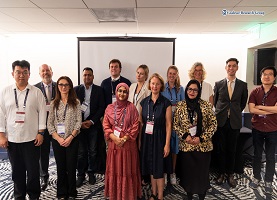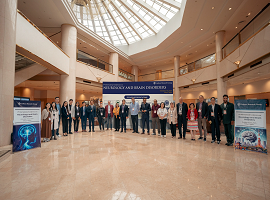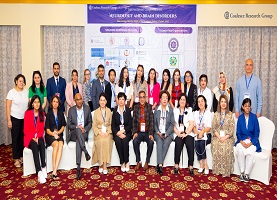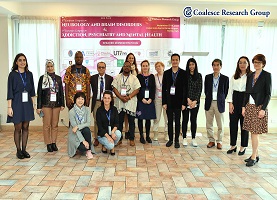The 9th International Conference on Neurology and Brain Disorders was held on September 15-16, 2025, at Sonesta Los Angeles Airport LAX, Los Angeles, USA with the Theme: "Exploring Frontiers in Neurology: From Research to Rehabilitation" and has witnessed an amalgamation of outstanding speakers who enlightened the attendees with their knowledge related to the field of Neurology and Brain Disorders.
The conference hosted by Coalesce Research Group was marked with the attendance of renowned and brilliant researchers, business delegates, and talented student communities representing more than 10 countries around the world.
The meeting was embarked on with an opening ceremony followed by Keynote Sessions and followed by a series of lectures (Oral & Posters) delivered by Honorable Guests and members of the Keynote forum. The highlights of the meeting were the eponymous lectures, delivered by:
- Mariola A Smotrys, First Institute of All Medicines, USA
- Somil Singhal, Multi Path Pathology, India
- Gabriele Eckhardt, Rehazentrum Burgerland GmbH Solingen, Germany
- Catharine Vander Linden, Ghent University Hospital, Belgium
- Andrew J Holman, Inmedix Inc., University of Washington, USA
- Joy L Hernandez, Hampton University & Old Dominion University, USA
- Oliwia Jarosz, Nicolaus Copernicus University in Torun, Poland
- Bingqi Fu, China University of Petroleum (East China), China
- Bushra Sumra, University of London, GBR
- Darya Aghamolaei, Sapienza University of Rome, Italy
- Jacques LeMay, Providence St. Joesph Medical Center, USA
- Zhongyue Xing, University of Melbourne, Australia
- Sameera Mahimkar, Michigan State University College of Osteopathic, USA
- Jada Quancei, The JM Brain Tumor Survivor Foundation, USA
- Avola R, University of Catania, Italy
- Aslihan Cevik Baran, Istanbul Aydin University, Turkey
- Wright-Jin, Elizabeth, Thomas Jefferson University, USA
If you have any feedback for us for future consideration or enhancements to this Conference, please provide your feedback to the Conference Manager, Clara McBroom at neurologycongress@crgmeetings.org
All of them provided their fruitful contributions in the form of highly informative presentations and made the conference a top-notch one. We also express our sincere thanks to all the media partners for the promotion of our event to glory.
With the grand success of Neurology Congress 2025, we are glad to announce our next upcoming conference “10th International Conference on Neurology and Brain Disorders” which is scheduled to be held on June 18-19, 2026 in Berlin, Germany.
Bookmark your dates…!!
Hoping to meet you again this coming year in Berlin, Germany...!!!



































